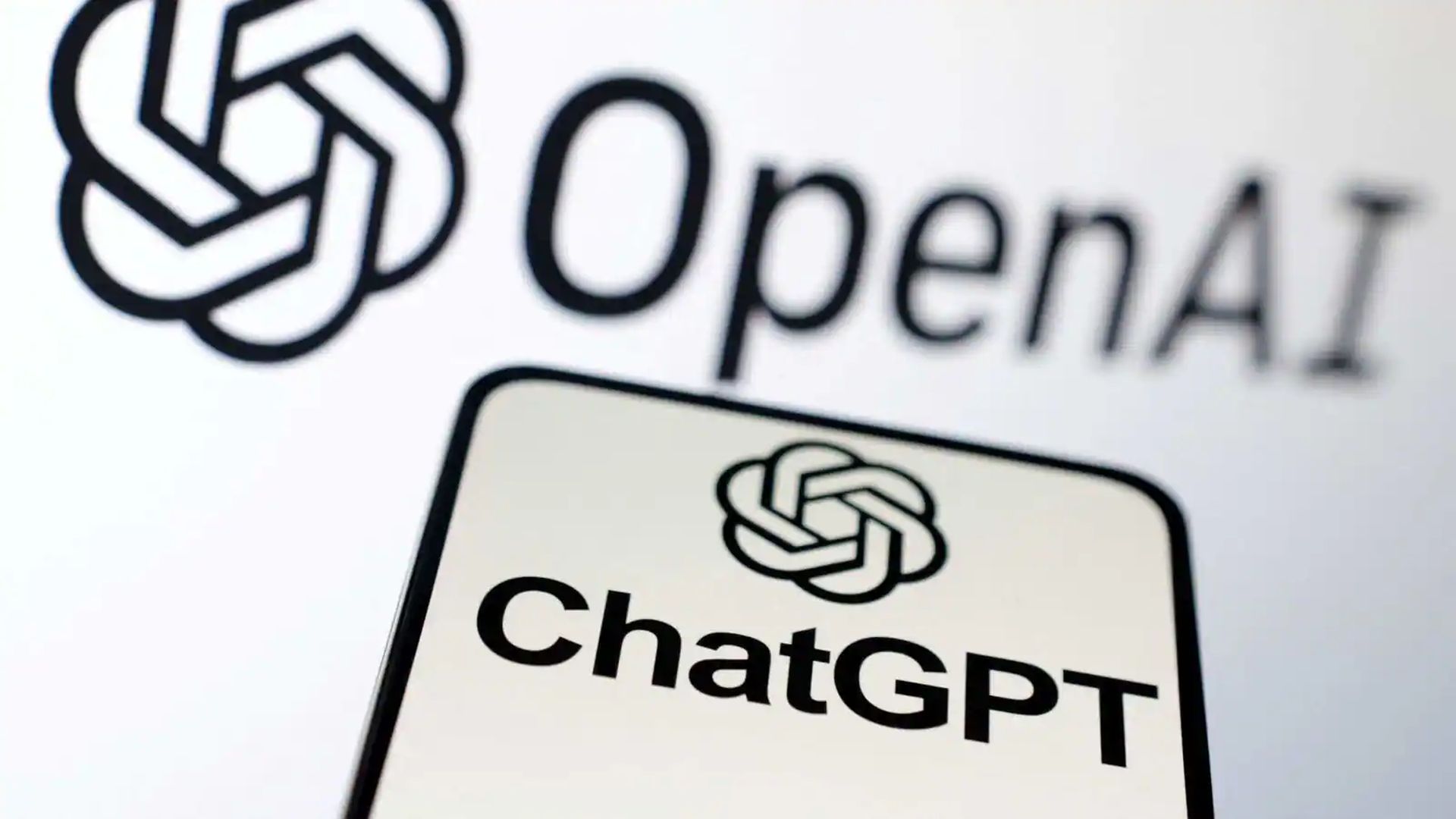By César Rivera Wilson, general manager of Pacífico Seguros
Since civilizations began to form, some geographical areas became strategic points, either for their commercial value or militaryor both. Taking control of these places often meant taking risks and taking disruptive actions.
The Bosphorus Strait, which runs through modern-day Istanbul, connects the Black Sea with the Sea of Marmara and, through this, with the Mediterranean. This route divides the city between the European and Asian areas. Formerly known as Constantinople and before that, Byzantium, it was the capital of the Eastern Roman Empire for more than a thousand years.
By the 15th century, Mehmed II, seventh sultan of the Ottoman dynasty, had managed to consolidate power in much of the region of Anatolia, Asia Minor, but had not yet achieved his main objective: the capital of the Byzantine Empire. Like his predecessors, he had tried multiple times, but the fortresses and protection of the approaches made it impenetrable.
He was patient. He thought differently. What already seemed impossible had to be made possible. And he was not going to achieve it using the same techniques, the same reasoning that had made him fail so many times. And he managed to get his boats in. But not in the way we might imagine.
To enter the city, you had to overcome the defenses of the Golden Horn, an inlet reached by the Bosphorus that separated the city from the surrounding areas. Mehmed II performed an impressive, unexpected maneuver, we could call it today, disruptive. He ordered several ships to be transported, not by sea, but by land, on greased logs, around the chain that blocked and the towers that guarded the entrance to the Golden Horn.
The feat of Mehmed II, later known as Mehmed the Conqueror, occurred on May 29, 1453 and then allowed the expansion of the Ottoman Empire across vast regions of Europe and Asia, with a change in the balance of power in the Mediterranean and the kingdoms of Europe. That date is also remembered as the Taking of Constantinople, which not only meant the definitive fall of the Roman Empire, 2,200 years after the founding of the city of Rome, but is considered in history as the end of the Middle Ages.
Disruptive acts challenge traditional behaviors or procedures and can generate an impact that redefines, as in this case, the balance of power and at the same time opens possibilities for greater expansion. More growth.
Examples throughout history abound. The invention of the printing press by Johannes Gutenberg, also in the 15th century, revolutionized the way knowledge was disseminated, allowing greater accessibility to information and contributing to the Renaissance. The Industrial Revolution, in the 18th century, transformed agrarian and artisanal economies into industrial and mechanized economies, forever changing the social and economic structure of societies and giving way to a stage of unprecedented growth.
Today we live in an era in which changes happen at a speed never seen before, where new technologies are making possible what seemed impossible, where new ventures end up conquering the territories of companies that dominated sectors or industries for decades. The appearance of the Internet in the 20th century and other digital technologies gave rise to the creation of technological giants such as Google, Amazon, and many others that have transformed the way we search for information and buy products, displacing many traditional models. Already in this 21st century, launches such as ChatGPT, with generative artificial intelligence capabilities, have inspired other developments that continue to generate disruption with possibilities that seem to have no limits.
More recently, in December 2023, Anwar Ibrahim, the Prime Minister of Malaysia, a country with a population of 35 million in Southeast Asia, and who recently visited us on the occasion of the APEC meetings in our country, made some changes, which we could also consider disruptive from the perspective of a government organization and created the “Digital Ministry”, and has announced the upcoming creation of the “National Office of Artificial Intelligence”, reaffirming the aspiration of becoming the main center for artificial intelligence southeastern Asian. After these announcements, this year 2024, Google, Amazon, Oracle, Nvidia, and others have already revealed investment plans in that country for several billion dollars, which will undoubtedly generate a very positive impact on the development of the inhabitants of said country.
By witnessing these changes and knowing the impacts that these disruptive processes have generated throughout history, it is sometimes worth asking if we are facing an era of change. Or can we say that we are, like at the end of the Middle Ages, facing a change of era? Are we preparing to be the Conquerors in this new era of disruption?

















